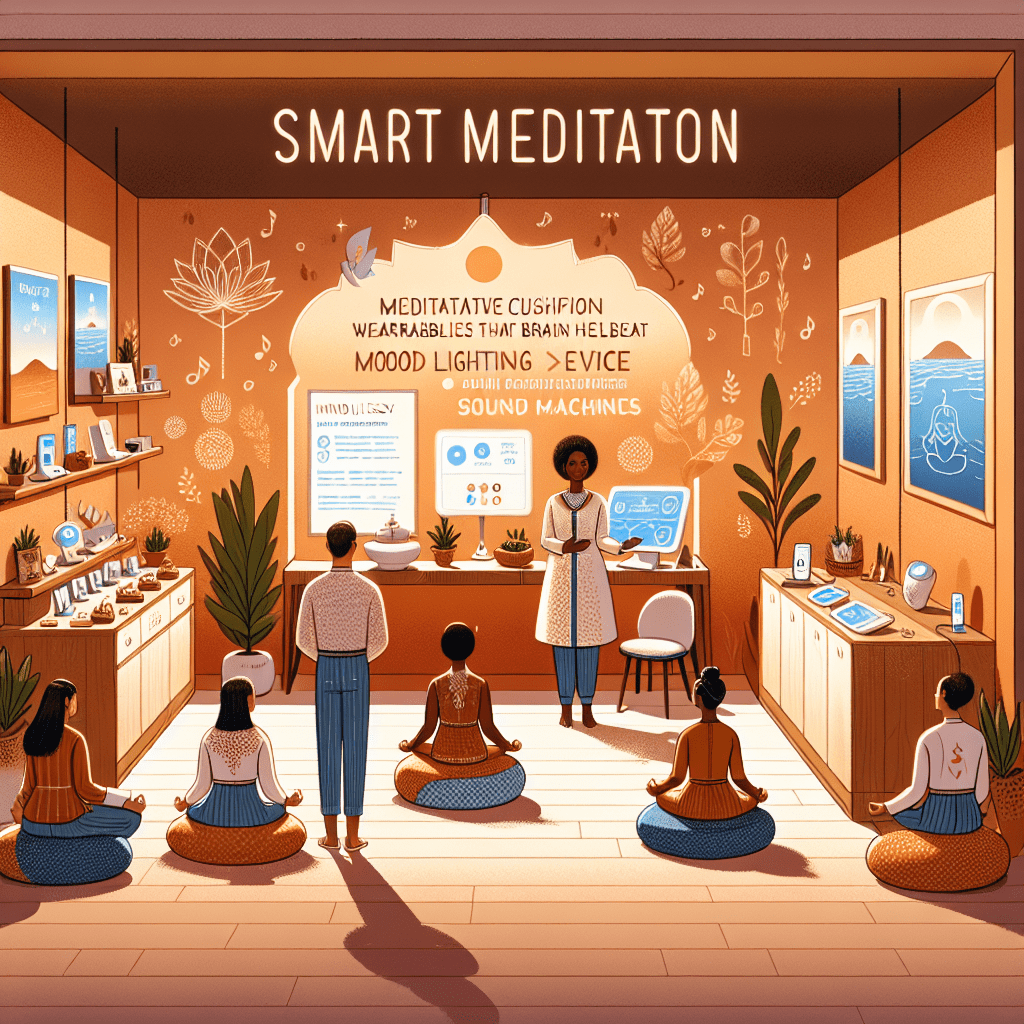
Prioritize your mental well-being daily. Enhance your life by nurturing your mental health with the Smart Meditation app. Break free from stress, alleviate anxiety, and enhance your sleep quality starting today.
Are There Set Times A Day A Buddhist Needs To Meditate?
Unlocking the Mystery of Meditation in Buddhism
In the serene world of Buddhism, meditation isn’t just a practice but a profound journey towards enlightenment and inner peace. It’s like the quiet whisper of the wind through the leaves, a subtle yet powerful force in the life of a Buddhist practitioner. But, when it comes to the timing of this sacred ritual, does the clock hold sway? Is there a strict schedule that must be adhered to, or is meditation a more flexible endeavor? Let’s dive into the heart of the matter and unravel the intricacies of meditation timing in Buddhism.
The Essence of Timing in Buddhist Meditation
Contrary to what you might think, Buddhism doesn’t strap you down to a strict timetable when it comes to meditation. It’s not like catching a train, where you’re left behind if you’re a minute late. Instead, meditation in Buddhism is much more about the quality of practice rather than the quantity or the specific times of day you engage in it.
Harmonizing Meditation with Daily Life
Buddhist practitioners often incorporate meditation into their daily routines in a way that harmonizes with their personal commitments and lifestyle. Some common timings include:
- The Break of Dawn: For many, the serene calm of early morning, when the world is just waking up, offers a perfect backdrop for meditation. It’s like setting the tone for the day ahead, with mindfulness and serenity.
- The Quiet of Evening: As the day winds down and the colors of the sunset paint the sky, it’s another opportune moment for meditation. It allows for the day’s stresses to melt away, bringing a sense of closure and readiness for the peaceful embrace of the night.
- Custom Times That Suit You: Then, there are those who fit in their meditation sessions at times that work best for them, be it the middle of the day or the dead of night. It’s all about what fits into your life rhythm.
Flexibility with a Dash of Consistency
While there’s no ironclad schedule, consistency is key. It’s like watering a plant – regular care leads to growth. Whether it’s 5 minutes or an hour, making meditation a daily ritual has its own magical way of transforming lives. Moreover, certain Buddhist traditions may suggest practicing during specific phases of the day to align with natural energies, yet this is more of a guideline than a strict rule.
Mindfulness Throughout the Day
Buddhism also teaches the art of being mindful throughout the day, not just when seated in meditation. This could be while walking, eating, or even doing chores. It’s about staying present in the moment, a continuous form of meditation that doesn’t clock in and out.
The Verdict?
So, to circle back to our initial question, is there a set time for Buddhists to meditate? The answer leans towards a ‘no’. However, Buddhism encourages establishing a routine that resonates with individual needs and lifestyles, underpinned by a commitment to regular practice. It’s less about when you meditate and more about the intention and awareness you bring to your meditation practice. After all, the path of Buddhism is all about finding one’s own journey to enlightenment, paved with mindfulness, compassion, and a dash of flexibility.





